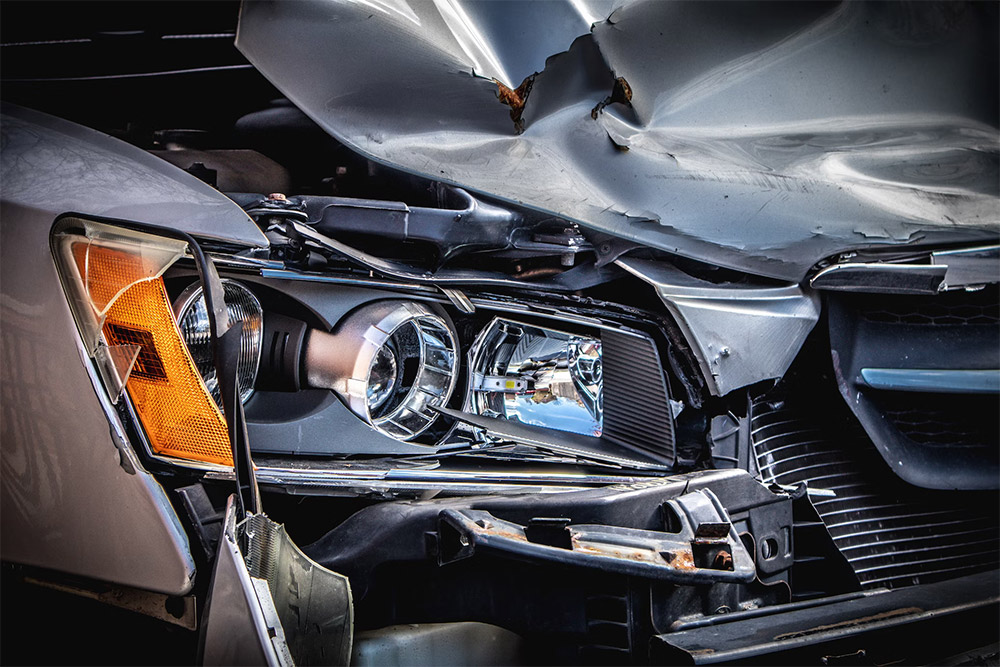Our Blog
How Is Fault Determined in a Car Accident and Why Does It Matter?


Being a victim in a Denver car accident is never a good thing. The possibility of injury to you or your loved ones, not to mention car damage, can be severe.
Determining fault is at the center of any car accident that includes injuries and property damage. The answer to who’s at fault could have a serious effect on the individuals involved. The answer resolves issues such as whose insurance will cover damages and whether someone is criminally liable and subject to fines.
How Law Enforcement Determines Fault in a Car Accident
When the police arrive at a car accident scene, they will make a report about what happened, including interviewing the individuals involved in the accident and those who witnessed it.
The police report might have a statement regarding who’s at fault for the accident based on their expert opinion. However, numerous car accident police reports don’t include a decision of who’s at fault.
It’s also vital to know that if the police do state who they believe caused the accident, it doesn’t automatically mean the driver is legally responsible for damages.
The police responding to an auto accident might:
- Collect physical evidence
- Talk with the motorists and witnesses
- Request an ambulance
- Administer a sobriety test
- Arrest someone
- Issue citations
Even though a citation holds an individual responsible for appearing in traffic court, it doesn’t determine who will be found liable for the auto accident.
Traffic court is where the motorist can challenge the citation and maybe have it dismissed. Though, citations can be used as evidence that the motorist was negligent in the officer’s opinion (the one who arrived first on the collision scene). A citation or arrest could have a huge impact on deciding who’s at fault by the insurance company.
Other Evidence That Determines Who’s at Fault in a Car Accident
Other evidence includes physical evidence on the automobiles or at the accident scene. For instance, lab reports that find intoxication could be relevant. Testimony from first responders also carries some weight in an auto accident report. Insurance companies and lawyers determine fault according to the evidence they have in front of them. Often fault is decided mainly on the police report.
Some auto accidents make establishing fault easy. For example, if you stop at a red light and you’re rear-ended, there’s no way another driver can say you’re at fault. Likewise, if you’re driving the speed limit and a vehicle cuts in front of you and the driver slams on the brakes suddenly, you might be able to establish partial or total fault on the other motorist.
Let Our Denver Car Accident Lawyer Help You with Your Case
At fault means the motorist who caused the car accident, and in some collisions, fault is simpler to designate than in others.
To safeguard your interests, it’s advisable to contact our law office and speak with a Denver car accident lawyer to help you with your auto accident case.



